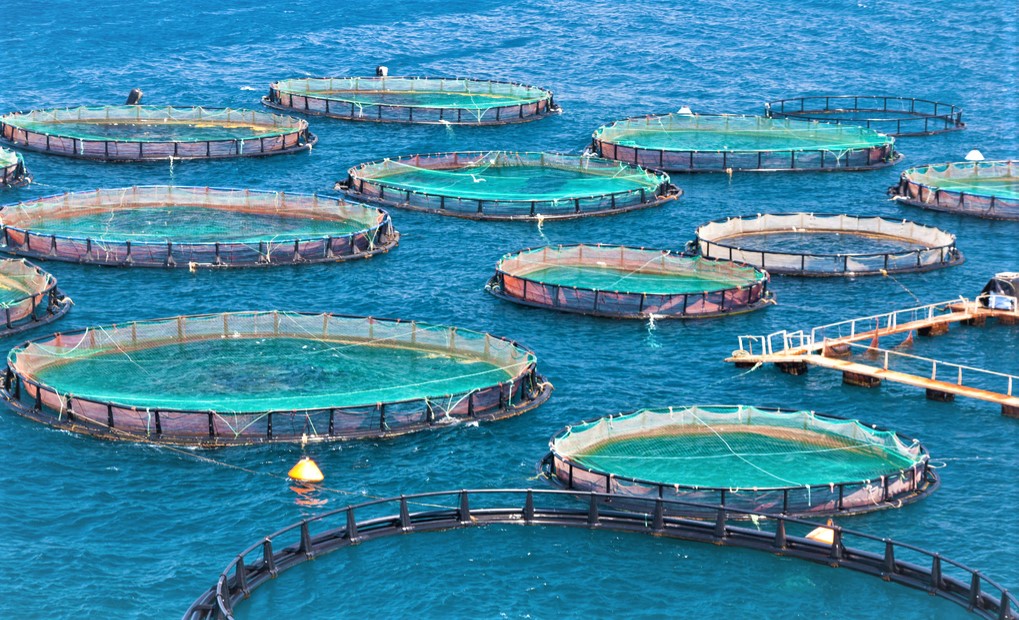Here we are going to discuss that why it is important to invest in aquaculture. Demand for seafood is growing worldwide. We use only 15 to 20% of the fish in our aquaculture. So today we are more stable than we were 20 years ago.
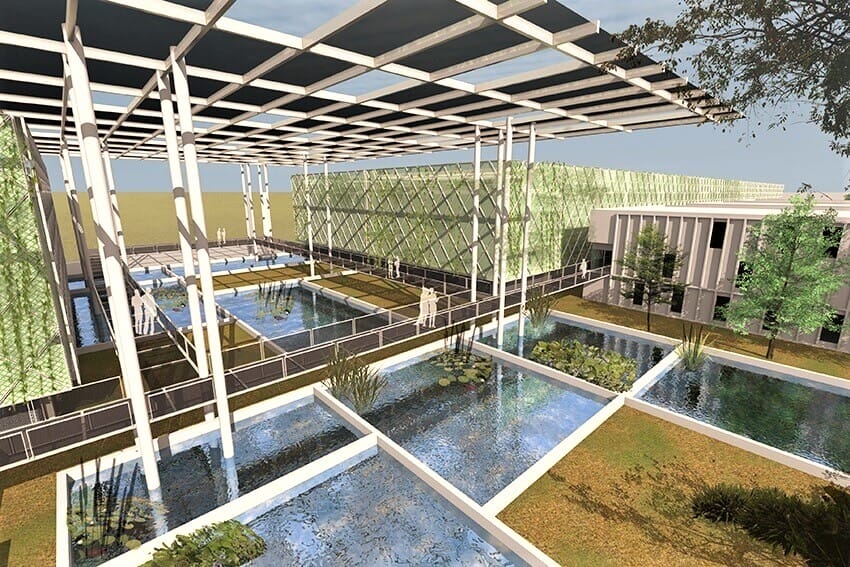
Fish farmers have to deal with the fish feed and waste coming out. So They use feed that has come a long way in 20 years. Many parts of the Marine have dramatically larger and stronger waves, and those waves scatter debris. This fish waste mixed with other micronutrients and safely engaged into the food chain.
With more stable products, fish farmers are also improving their feeding methods using underwater cameras.
Benefits of Invest In Aquaculture
Using traditional knowledge, data, and new technology, it is possible to keep fish on the menu. Here we see the economic and environmental importance of aquaculture:
Economic Benefits Of Invest In Aquaculture
1. Alternative Food Source
Fish is an excellent source of protein. Like omega 3 fatty acids, they have more nutritional value than natural oils. Also, it gives white meat, so the blood should reduce the amount of fat instead of red meat.
Fish are easier to keep than other meat-producing animals because they convert more food into protein.
Therefore, one pound of dietary protein makes fish cheaper than its overall growth because they use it more efficiently.
2. Alternative Fuel Source
Algae are slowly being developed as alternative fuel sources to produce fuels that can replace contemporary fossil fuels. Algae produce lipids, which, when harvested, can be burned by alternative fuels, burning only water as by-products during combustion.
Such advances will make it easier for the world to trust perforated fossil fuels and reduce energy costs by growing instead of petroleum drilling.
Moreover, algae fuel is a cleaner and more cultivable energy source, which can restructure the energy sector and create a more sustainable economy. This eliminates the boom-bust nature of the oil and replaces it with a standard fuel source.
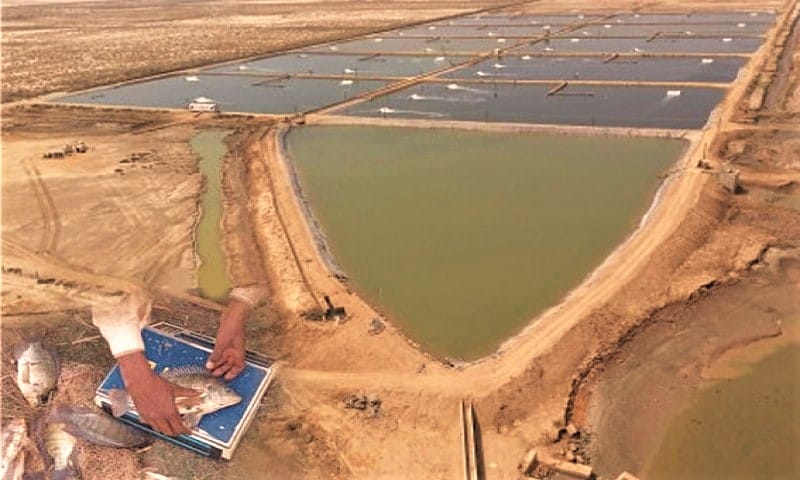
3. Increase Jobs in the Market
The increase in employment in Third World countries is often felt because fisheries provide an additional source of food and an additional income source for those living in these regions.
It increases the number of potential jobs in the aquaculture market. It offers two new products to the market and creates jobs as it requires labor to maintain the pond and cut down the creatures that are being raised.
Fisheries save fishermen time because they do not have to spend their days fishing for marine fish. This allows them free time for other economic activities such as engaging in alternative business. It promotes entrepreneurship and offers rental possibilities and more jobs.
4. Reduce Sea Food Trade Deficit
The seafood trade in the United States is mainly based on trade in Asia and Europe, most of which are imported. The result is that the balance sheet causes a trade deficit in the nation.
Fisheries will provide a tool to reduce this deficit at the lowest possible cost because locally produced seafood will be fresh. It will be cheaper as transportation costs will be reduced.
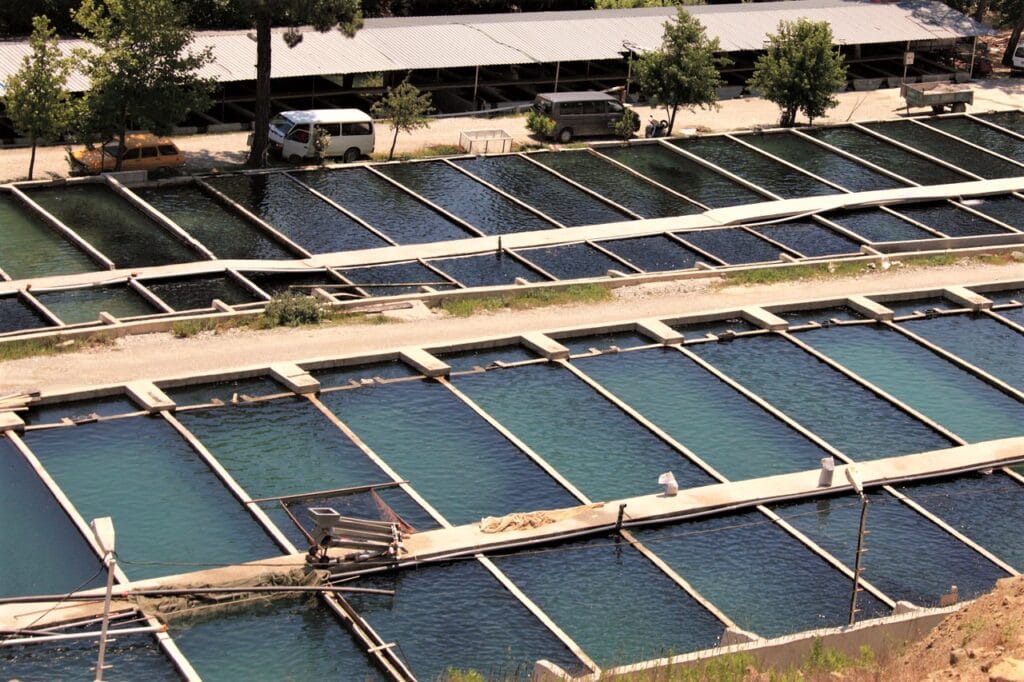
Environmental Benefits Of Invest In Aquaculture
1. Creates a barrier against pollution by molluscs and sponges
Molluscs are filtered fodder, while the sponge is like seagrass. These two organisms carry the water flowing through them by current and purify the water. It provides a buffer area that protects other parts of the ocean from land pollution, especially from activities that disturb the seabed and raise dust.
Moreover, mollusca and sponges’ economic benefits serve as economic significance as they can create more pressure from governments to protect their habitats. The perceived financial benefits provide an incentive for the government to protect the seas to protect seafood revenues.
2. Reduces Fishing Pressure on Wild Stock
Fisheries practice allows alternative food sources instead of allowing the same organisms to fish in their natural habitats. Some wild species are at risk of declining due to overfishing and uncontrolled exploitation. The use of durable fishing methods such as bottom trawlers is also reduced.
It provides an alternative by allowing aquaculture farmers to capture the same creatures and reviving wild people. Encouraging less labor for higher profits will encourage fishers to become fish farmers and make more profit than ever before.
This allows them to control the supply of fish to the market, giving them the ability to create surplus stocks or reduce their production to reap the best profits available.
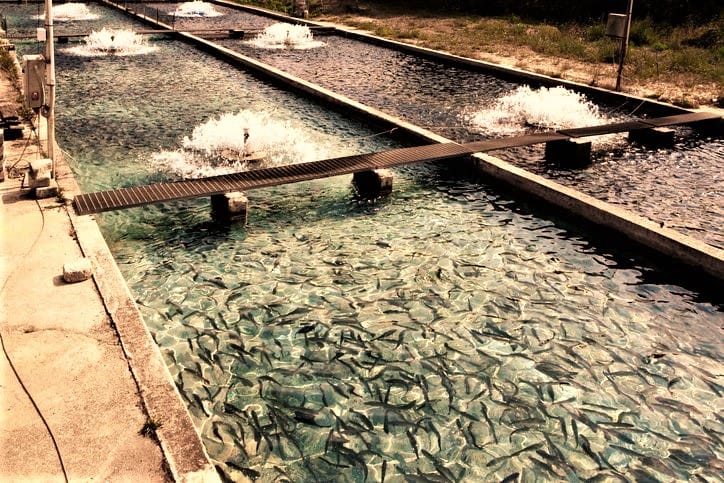
3. Low Environmental Impact
Studies conducted by NOAA indicate that aquaculture poses a lower risk to the environment. The impact is mostly local and temporary. In some cases, aquaculture can benefit the environment. Filter-feeding clams, such as oysters, can improve water quality in ponds and lakes if grown on-site.
Fish and shellfish can also be grown using environmentally friendly methods, which helps meet the growing demand for seafood and wild harvests. Marine systems, particularly survival systems, cameras and surveillance infrastructure, and trained inspectors, ensure that farms comply with environmentally safe practices.
This helps to reduce the transmission of diseases in the water.
4. Water Usage
Fisheries systems often use harvested runoff, stormwater, and surface water. This reduces dependence on other sources of water supply. Also, ponds maintain soil moisture near them, thus conserving natural resources.
Related : Secrets About Types Of Aquaculture That Has Never Been Revealed
Importance of Aquaculture (Benefits by invest in aquaculture)
1. Health Benefit
People are aware that seafood is healthy and can help fight against heart disease, cancer, Alzheimer’s, and many other major diseases. Now seafood has become a part of the regular diet, and its demand is increasing rapidly.
2. Sustainable Use of Sea Resources
Fisheries provide alternative ways to fish from the sea. The increase in demand for food resources and globalization has led to an increase in fishing. Fisheries currently account for about 14% (10.2 million tons) of world fish production.
Nevertheless, this led to fishers becoming selfish and fishing for desired or highly sought-after species. Through aquaculture, it provides an alternative and opportunity to replenish wild stocks over time.
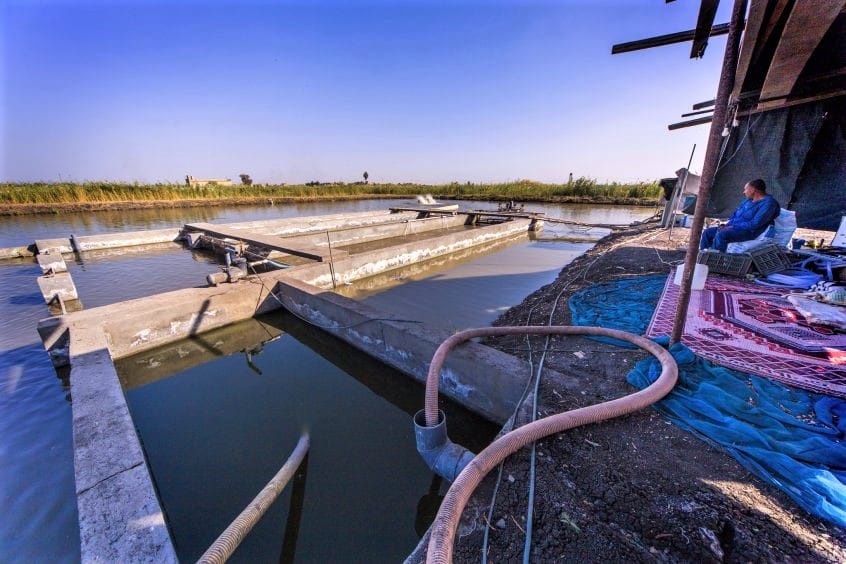
3. Conservation of Biodiversity
Aquaculture conserves biodiversity by reducing fishing activities in the wild in their ecosystems. There is less attack on the wild populations of various species in the sea by providing alternative ways of fishing. The reduced activity of fishing protects the diversity of the aquatic ecosystem from extinction due to overfishing.
4. Increased Efficiency, More Resources for Less Effort
Fish convert body fodder into protein rather than livestock or poultry production. This is very efficient, which means fish companies produce more food for less feed.
Its efficiency means less amount food and energy is used to produce food. So, the production process is cheaper. This saves resources and allows more food to be produced, which leads to safer reserves and less stress on the environment.
Aquaculture is cheap and accessible to all, including wild seafood, especially in regions that depend on imported seafood.
5. Reduced Environmental Disturbance
Aquaculture, by increasing aquaculture, reduces the need to fish wild stocks. As a result, it puts less stress on the ecosystem and minimizes human interference.
The actions of motorboats and the removal of other reproductive adult fish are stressors for aquatic ecosystems, and their termination allows the ecosystem to thrive and find its natural balance.
